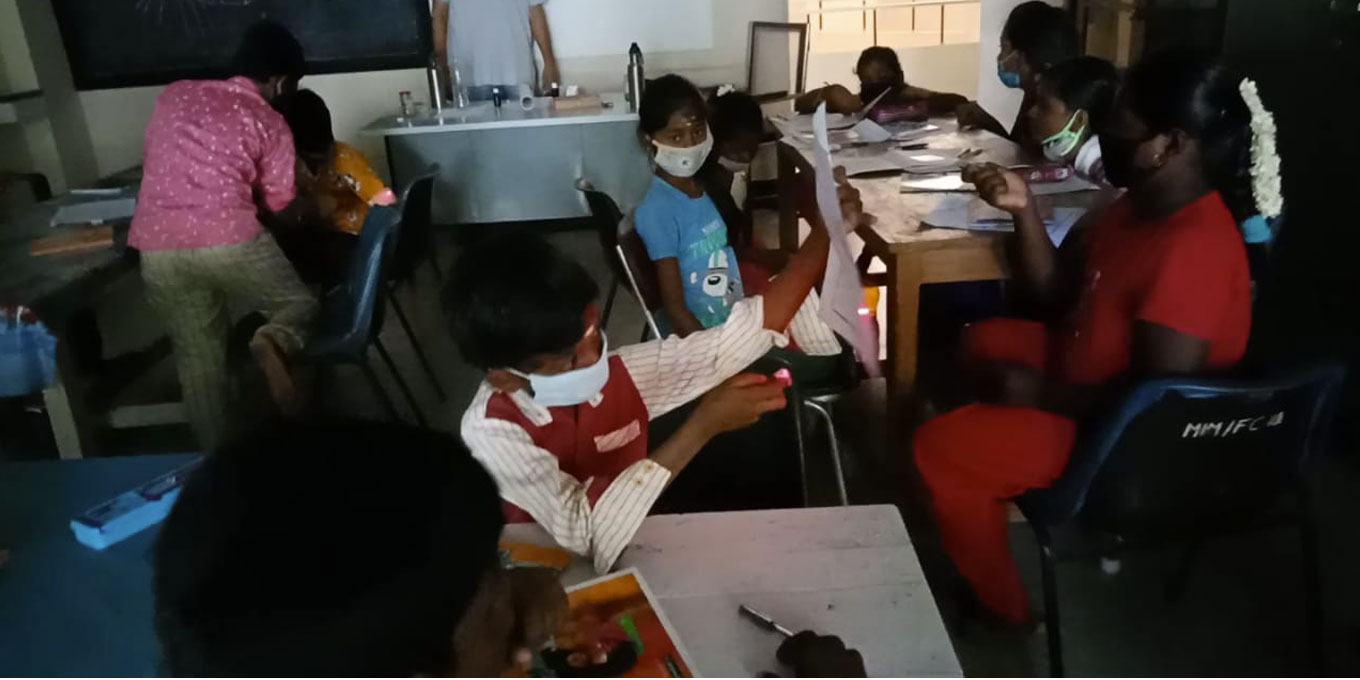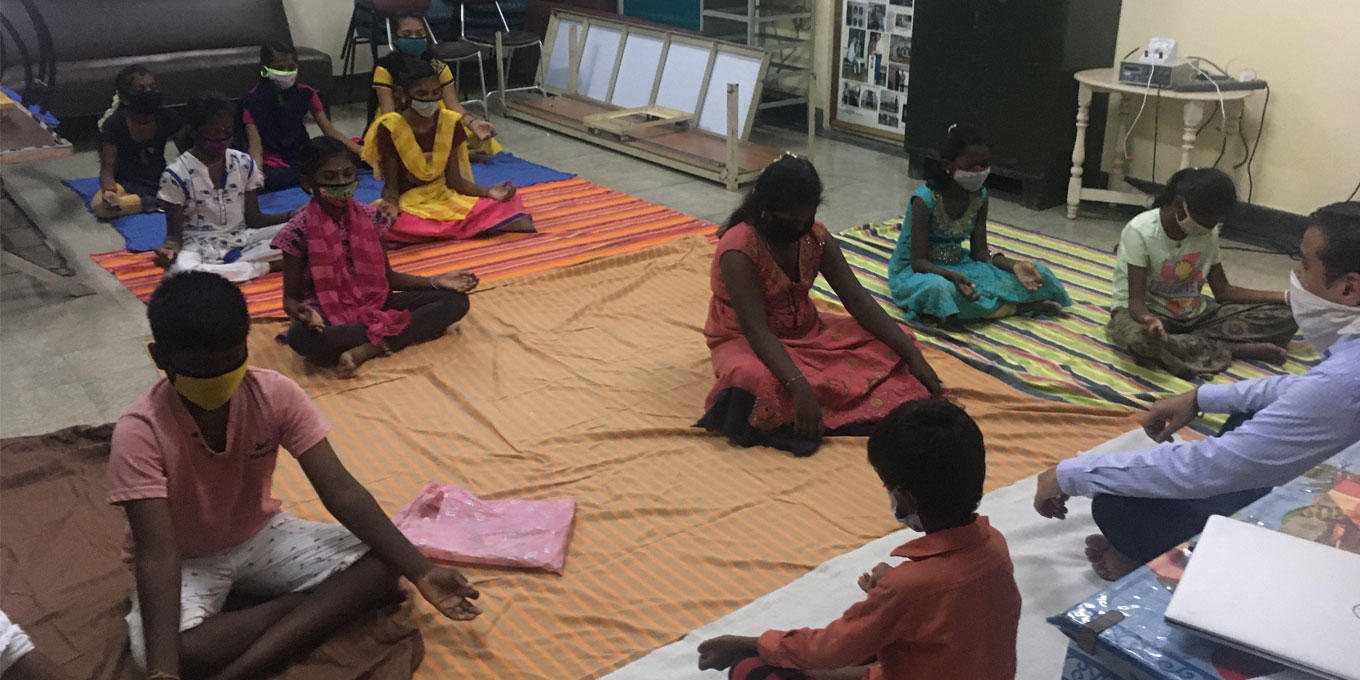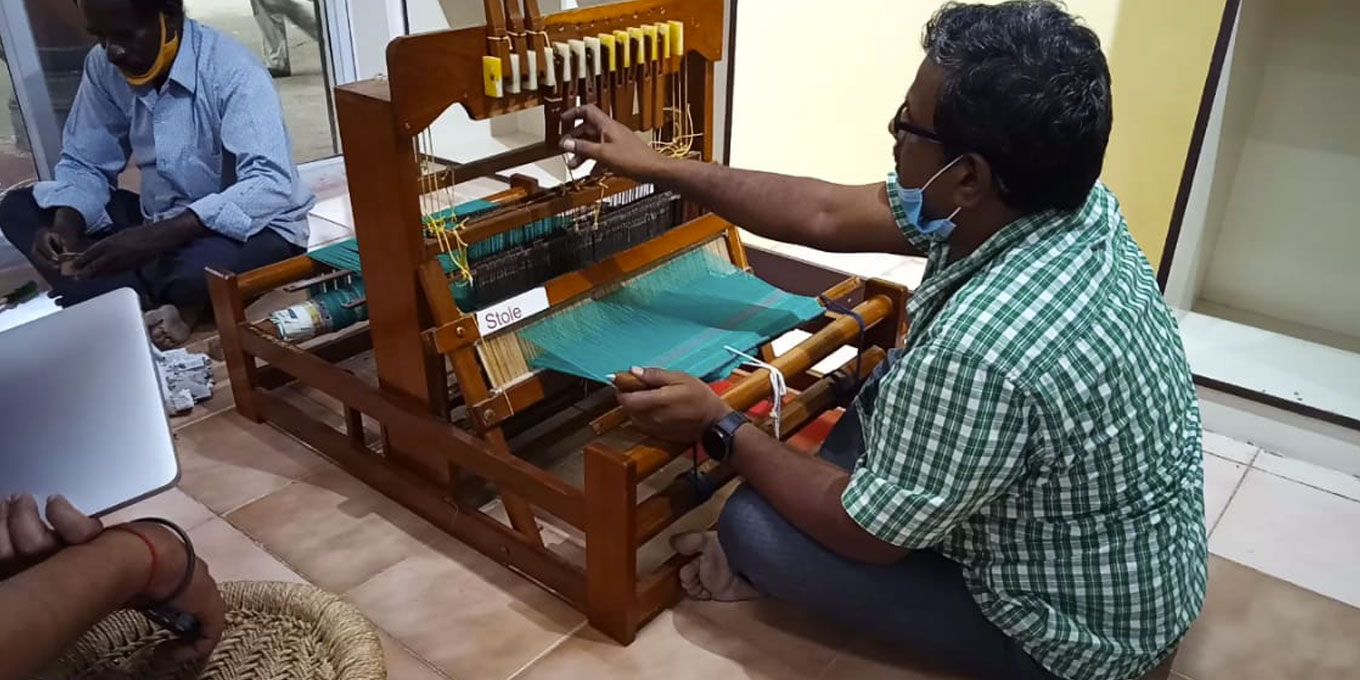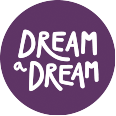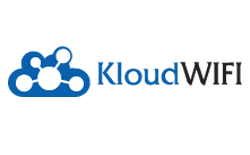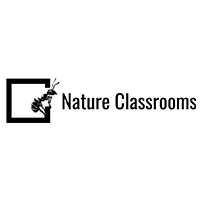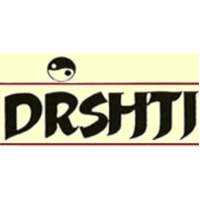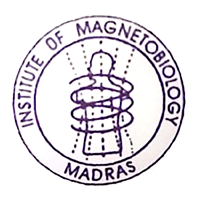Vision
Learning for the head, heart and hands

Critical thinking
Problem solving
Scientific temperament
Depth and breadth in understanding
Cross-disciplinary synthesis
Apply thinking and conceptual skills
drive innovation solve local
problems

Emotional regulation
Habits for well-being
Learning skills
Relationships with peers
Relationships with adults
Conflict management
Ownership of community issues
Investment in developing local solutions
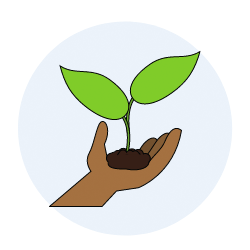
Crafts
Aesthetics
Creative arts
Use of technology
Context-based technology
development
Devote time and effort for community
development
Domains
Eikas Foundation currently focuses on the following domains.
Science, Technology, Engineering and Mathematics (STEM)
Develop critical thinking, problem solving, teamwork and other soft skills through a child-driven process of inquiry, investigation and discovery using the school curriculum as a vehicle. The process of learning is grounded in everyday phenomena to stimulate children’s natural curiosity. The emphasis is on arriving at an understanding of science concepts through the process of teasers, activities, group inquiry and synthesis. Professional development programs are also offered which provide a space for educators to refresh their own concepts, experiment, reflect and share.
Life skills and social emotional learning
Preparing children for success in school and life by developing self-awareness, self-management, critical thinking, relationship skills and social consciousness. Multiple modes of development are used to foster these abilities in children, including workshops, classroom discussions, activities, games, arts and service projects. Programs are also organized in career guidance, financial literacy, health awareness to equip children to make optimal career and life choices.
Testimonials

It helps them derive the right answers through their own capabilities. Students were never distracted and enjoyed each and every experiment.
G. Narmadha
Olcott Memorial Higher Secondary School

Very thought provoking and hands-on training … not only for the students but for the teachers as well. …scientists are not born but are made in science labs like this.
Teacher
Participant in STEMGYM workshop

This is an innovative learning method which will stay with them for the rest of their life. The rules set before the session were excellent. Their creative approach to teaching the concept of light using a laser fascinated both the students and teachers.
R Gomathi
Olcott Memorial Higher Secondary School

The Eikas foundation conducted a two day workshop on the importance and uses of light. They beautifully demonstrated the concept of reflection of light using a laser to experiment, which intrigued both the students and teachers.
V Shyamala
Directors and Advisors
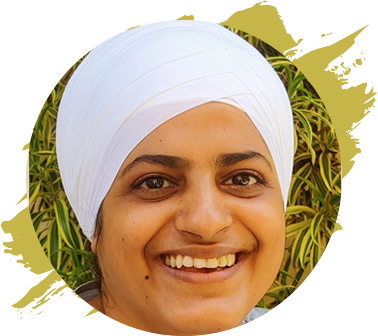
Gurpreet Kaur
Founder - Director

Nirmal Govindaraju
Founder - Director
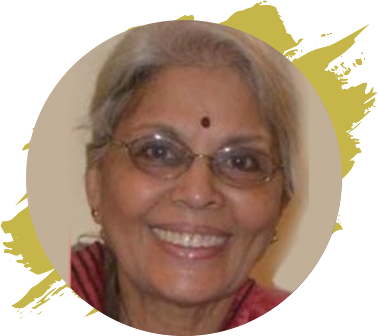
Padma Srinath
Member, Board of Directors
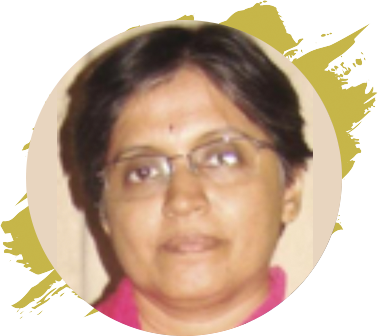
Sathya Dhilip
Member, Board of Directors

Dr. Adam Maltese
Academic Advisor
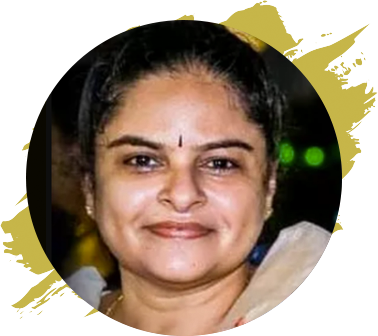
Mrudula Govindaraju
Academic Advisor
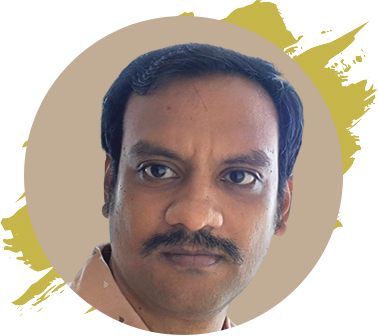
Vignesh Kumar M
Academic Advisor
Gurpreet has over fifteen years of experience in leading educational change, teacher professional development, and business transformation. She served as a state head for the Azim Premji Foundation for seven years leading a team of 40 teacher educators. Previously, she was a management consultant with McKinsey & Co. She has a Masters in Management Studies from Jamnalal Bajaj Institute of Management Studies (Mumbai University).
Nirmal has worked as a materials scientist and faculty in the United States for 13 years before moving to India in 2017. Since then, he has worked with UNESCO, Azim Premji Foundation and a school for orphaned children in Andhra Pradesh. Along the way, he has experienced, first-hand, the critical importance of well-being for children to learn and thrive. He believes that humans are built to learn “naturally” when provided safe and supporting environments and that respecting and tapping the innate intelligence of individuals and communities leads to sustainable change and development. He has a passion for science and math, and is working on demonstrating that students, especially those often branded as “slow” or “poor” learners, are adept at constructing and applying science and math conceptual understanding when given structured and scaffolded learning environments with scope for exploration.
Padma is a veteran educationist with over five decades of experience in teacher professional development, early childhood education, after school programs and learning difficulties. She has served some of the leading schools in Chennai like the Vidya Mandir School (Mylapore), The American International School, and the Olcott Memorial High school. She has also conducted programs for The Indian Association for Preschool Education, London Montessori Program, Bharati Vidya Bhavan, Sri Aurobindo Society, Oxford University Press, KPMG and the Adyar Theosophical Academy.
Sathya is an Executive Officer at the Madras Institute of Magnetobiology. She holds a BA in Psychology from Women's Christian college, Chennai and PG in Personnel Management and Industrial Relations from Madras School of Social Work. Sathya brings over three decades of experience in the non-profit space with strong personal and institutional networks.
Adam is a professor and Martha Lea and Bill Armstrong Chair for Teacher Education at the School of Education, Indiana University, Bloomington, Indiana, USA. His research focuses on STEM education, and involves collection and analysis of both quantitative and qualitative data regarding student experiences, performance and engagement in science education from elementary school through graduate school.
Mrudula Govindaraju is an educator, writer and editor. She edits a newsletter for the Madras Dyslexia Association and coordinates the Parent Support Group for parents of children with learning difficulties. She freelances as an Instructional Designer for learning difficulties and conducts workshops for teachers in multiple intelligences and learning difficulties. She also blogs at Dyslexia ADDventures where she shares her experiences in bringing up children with learning difficulties. She has written and edited school textbooks for CBSE and Tamil Nadu State board for Orient Blackswan and Indus Publishers. She has developed e-learning content and training materials for Ma Foi Management Consultant Solutions. She writes Indian historical fantasy, Indian historical fiction, Indian folktales and myths, especially stories rooted in Andhra Pradesh in South India. She conducts workshops for children in creative writing. She has an MA in English Literature from Stella Maris College.
Adam is a professor and Martha Lea and Bill Armstrong Chair for Teacher Education at the School of Education, Indiana University, Bloomington, Indiana, USA. His research focuses on STEM education, and involves collection and analysis of both quantitative and qualitative data regarding student experiences, performance and engagement in science education from elementary school through graduate school.
Vignesh is an engineer from College of Engineering Guindy, and has a management degree from IIM Bangalore; he has worked in diverse fields and roles in his career across 18 years – started as a consultant with McKinsey & Co., led business teams in the automotive sector, and scaled ventures ground-up in the food and agri space. He has forged partnerships between academia and companies on innovative, impactful projects. An avid learner and a problem-solver at heart, he is interested in learning, that prepares one for livelihood and life.
